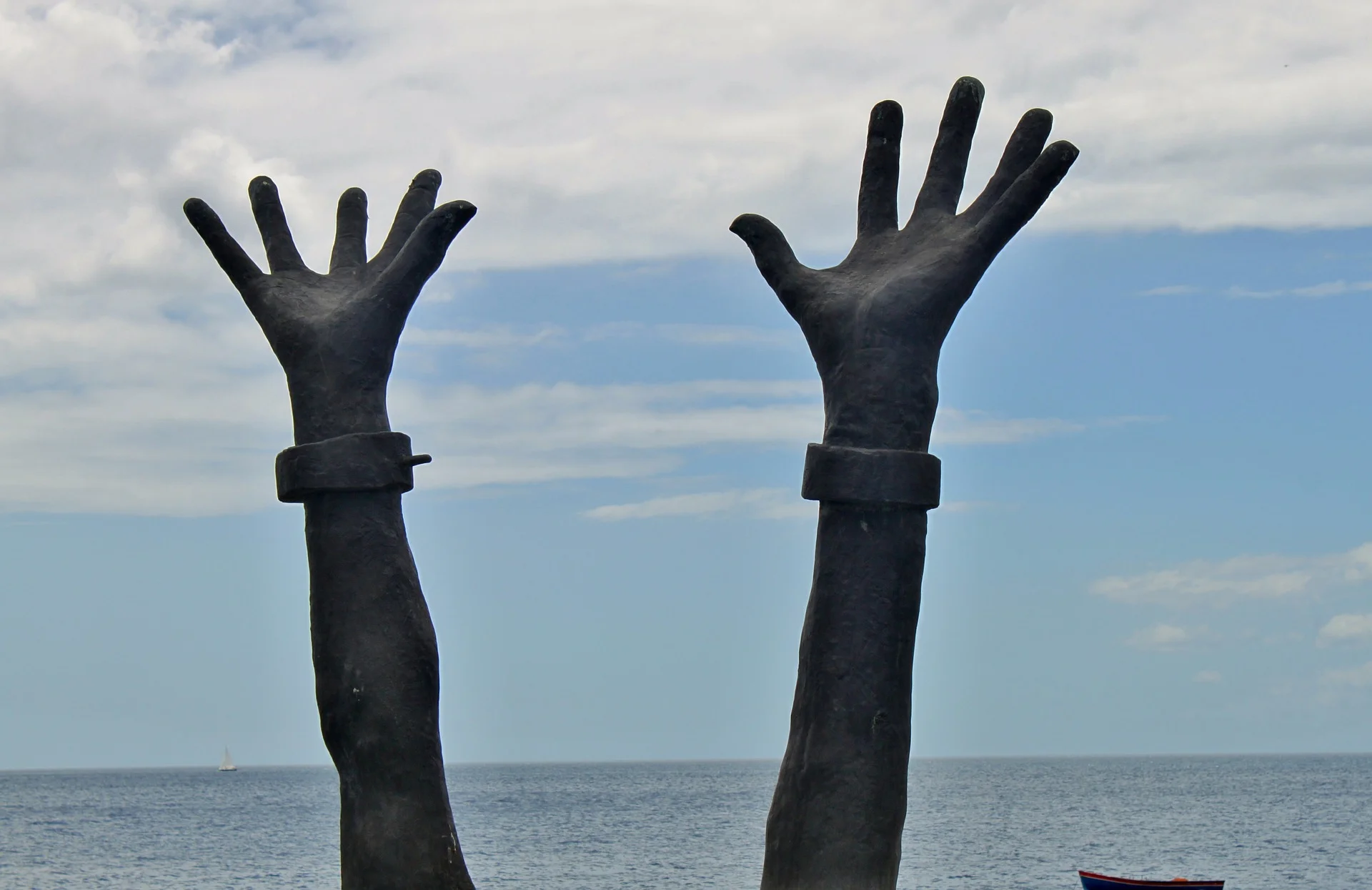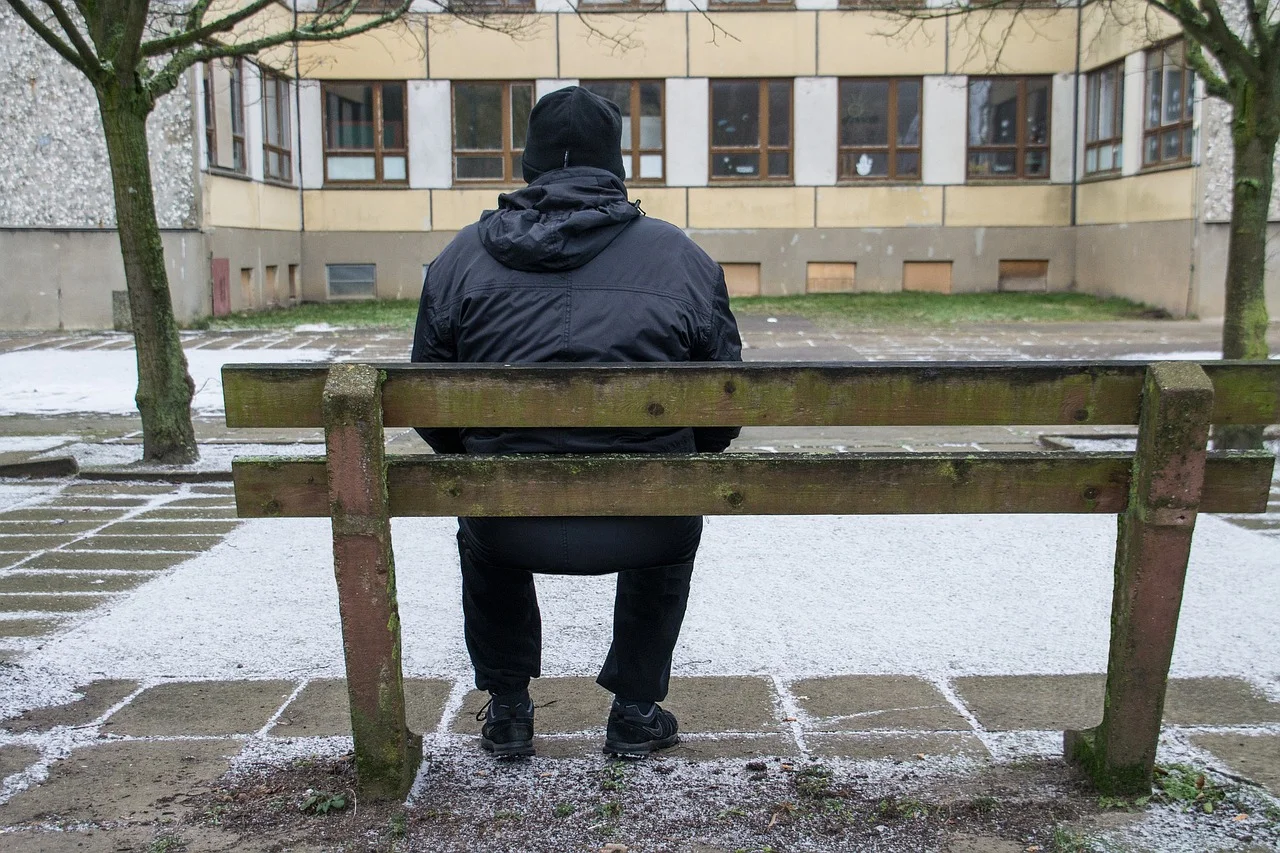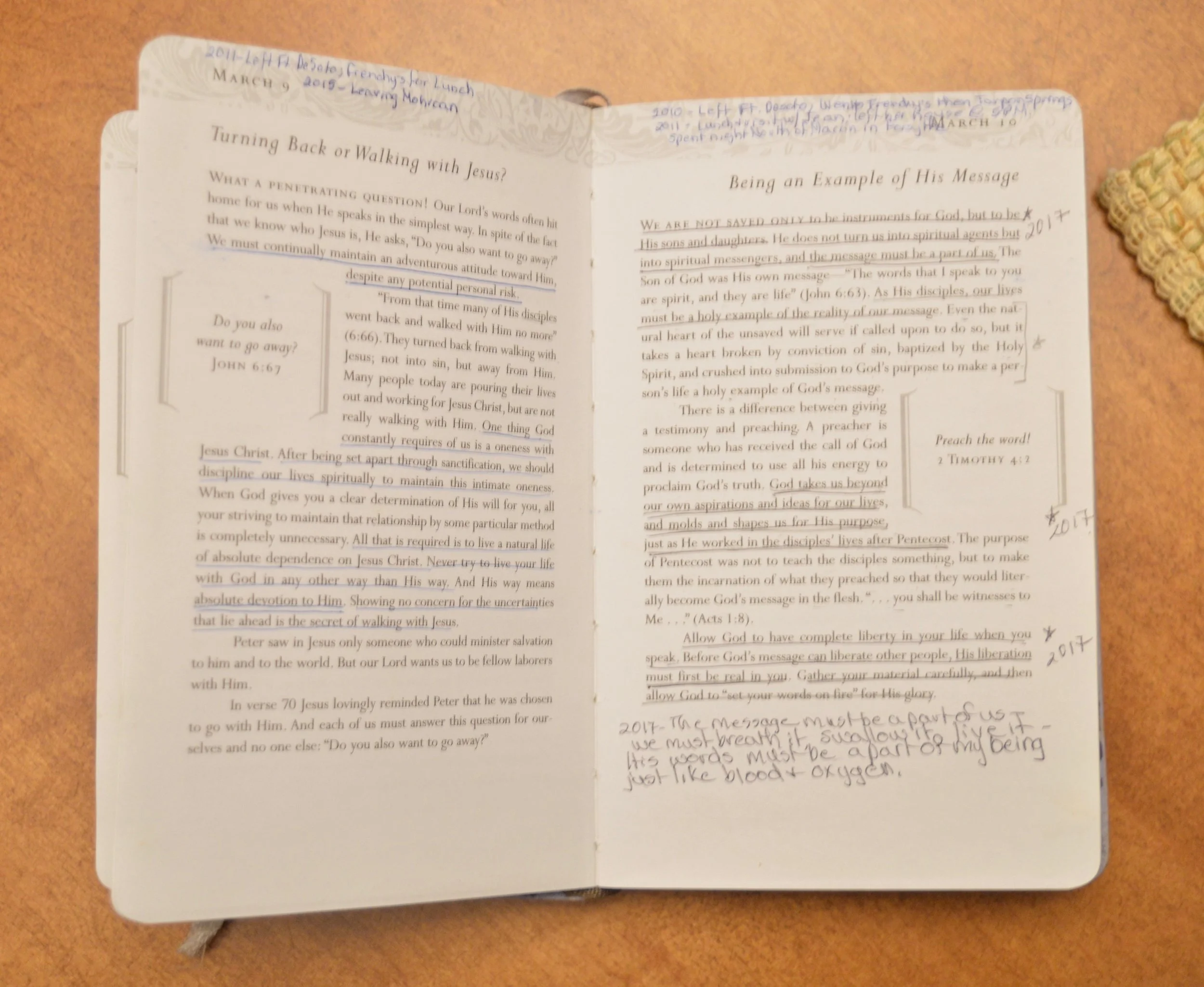What I Learned from a Grapefruit
There are lessons to be learned in all areas of life. We can learn from classes, books, videos and computers. We can learn from people, animals and even plants, but a piece of fruit? Go figure. I am always amazed at God's ability to speak into my life in the most random ways. Yes, He uses His word, but like so many, I am busy and don't always crack open my Bible. Often, unfortunately, it might be days before I look at the Word of God. However, God still miraculously speaks, even when I am not listening or looking for Him.
This morning, I decided to eat the last grapefruit that had been sitting in my fruit basket. I always cut my grapefruit in half and eat the small sections with a grapefruit spoon. I am well acquainted with citrus fruit that goes bad. The outside usually becomes green and fuzzy and a soft indentation begins to appear. The rot is obvious. This one still looked fine, although, I thought it might be a little dried out, as it had been sitting around for a few weeks. This is what appeared when I cut it open.
Tasty, huh?
It was then the analogy hit me like a brick. Here I am a fashion and faith blogger. I put hours into coming up with outfits, thinking up themes for my fashion posts and so on, but when it comes to my faith posts, I am flying by the seat of my pants. Obviously, the fact that I just came up with this post this morning after looking at a rotten grapefruit, drives the point home. The point being this, I can be pretty and put together on the outside, but the inside can be deteriorating without me even being aware of it.
There are a few points I would like to draw from my moldy citrus example.
1. Rot often occurs slowly.
The problem, most often, with sin is that we become comfortable with it. We think that as long as we look like we have it all together, have a positive vibe about us and don't talk about our inner struggles, then our inner struggles won't come to light. We all struggle. We all sin.
“23 for all have sinned and fall short of the glory of God,”
I tend to forget that I am a sinner saved by grace. I bask in God's grace and I am thankful for it, but often as Christians when we move further away from our original conversion and initial consciousness of how sin separates us from God, we tend to forget what the cross was all about in the first place. This fading of our roots contributes to the rot that takes place in our hearts. Before we know it, we have allowed ourselves to become involved in activities we once shunned from watching movies with prolific language, violence and sex, to doubts about the origins of our world, to becoming part of the gossip chain.
2. Rot spoils our taste.
Have you ever bit into something that is rotten? Ewww! It doesn't not taste good! In fact, one little rotten spot can spoil an entire piece of fruit. I will cut off rotten spots on most things like strawberries, peaches or melons, but trying to cut the rot out of an orange or grapefruit usually doesn't work.
When I allow sin to slowly deteriorate my relationship with God, my usefulness will also deteriorate.
“Therefore, salt is good; but if even salt has become tasteless, with what will it be seasoned?”
We are supposed to be salt. Salt is meant to season and preserve. When we begin to rot we are unable to season or preserve. In fact, we become less useful in God's plan, because we are less likely to hear His voice prodding us to move.
3. Rot affects others.
Our internal decay affects those around us. The rot of unexpressed discontent, anger, grief or sadness, not only affects us, but it affects those we love and interact with. Look at the picture Solomon paints of the husband/wife relationship.
“An excellent wife is the crown of her husband, But she who shames him is like rottenness in his bones.”
Those are pretty tough words to hear. We can become rottenness in our husband's bones, if we are allowing ourselves to deteriorate on the inside. You have probably heard the word toxic in reference to relationships and people. We can become toxic if the rot inside of us is unchecked and takes over.
4. Rot will be cut away.
As children of God, He will only allow us to continue to deteriorate to a certain point, before He gets out the cutlery and begins removing the rot from our hearts. That process can be very painful. However, if we desire to draw closer to Him, then we need to allow His scalpel to have its way.
““If your hand or your foot causes you to stumble, cut it off and throw it from you; it is better for you to enter life crippled or lame, than to have two hands or two feet and be cast into the eternal fire.”
Jesus was speaking figuratively in this verse, but the point is of prime importance. If we allow something in our lives that not only causes us to stumble and fall, but causes others to fall as well, we need to let the divine surgeon do His work.
We are beautiful creations of the Almighty God. We are meant to glorify Him and lift others up to Him. Just as a piece of ripe, whole fruit is full of nutrients and good things that bring life and sustenance, we are to be wholly His, rot free, so that we are bringing life and light to those who are perishing.












































































